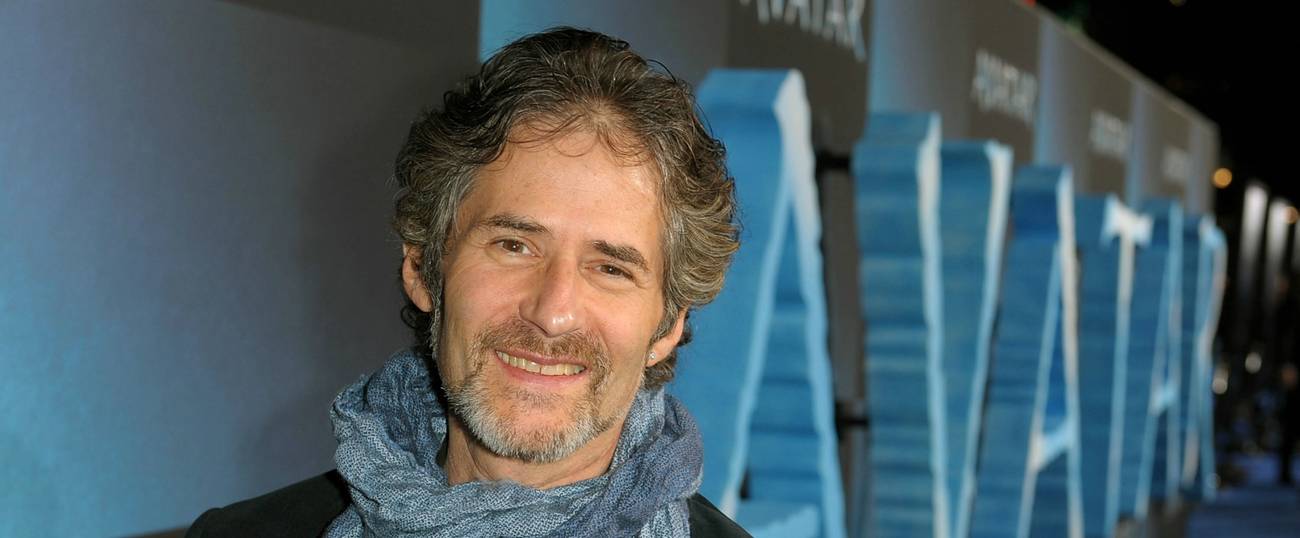James Horner, American-Jewish Film Composer of ‘Titanic,’ Dies
A plane carrying the 10-time Oscar nominee crashed in California on Monday




Yesterday, decorated American-Jewish composer James Horner was killed in a plane crash. He was 61. An avid aviator and trained pilot, Horner was the sole casualty when his single-engine plane went down in the Los Padres National Forest in Southern California.
The son of Austrian Jewish immigrants, Horner’s career in movie music was rivaled perhaps only by legendary fellow film composer John Williams. A 10-time Oscar nominee, he first vaulted to mainstream recognition with his score for 1982’s Star Trek II: The Wrath of Khan, and went on to create the music for such acclaimed films as Field of Dreams, Apollo 13, Braveheart, and A Beautiful Mind. His score for James Cameron’s Titanic, including Celine Dion’s single “My Heart Will Go On,” won the 1997 Academy Awards for Best Original Score and Best Original Song. It is the best-selling soundtrack in cinema history. After the news broke of his tragic death, tributes to Horner poured in from Hollywood’s leading lights, from Ron Howard to Russell Crowe.
Within the film music community, Horner was particularly known for what some termed “self-plagiarism.” In his many scores, the composer would often reuse and revamp themes that he had previously employed in other films, much like classical composers such as Hector Berlioz recycled their earlier material in later works. Critics considered these repetitions to be acts of artistic malpractice. But to Horner’s many fans and defenders, these elaborations on his past work constituted moving musical meditations on the human experience. Each motif, no matter the film, elegantly corresponded to a particular idea or emotion. As movie music expert Jonathan Broxton has noted, for instance, Horner employed the same “technique for musically defining genius and technology,” with the theme recurring in multiple films. “From the hi-tech thieves in Sneakers to the chess prodigy in Bobby Fischer and the Apollo 13 space race, Horner continually uses this dynamic theme as an illustration of the turbulent nature of science and discovery: and it works,” Broxton wrote.
You can listen to the motif, as heard in A Beautiful Mind (the story of a math prodigy) and Searching for Bobby Fischer (the story of a chess prodigy), in the clip below:
While words can gesture toward Horner’s artistic achievements, there is no better elegy for his life’s work than his music. To that end, here is one of Horner’s beautiful compositions from the Oscar-winning film Legends of the Fall that captures the sense of nostalgia, longing and loss felt by so many with the passing of a great artist:
Yair Rosenberg is a senior writer at Tablet. Subscribe to his newsletter, listen to his music, and follow him on Twitter and Facebook.